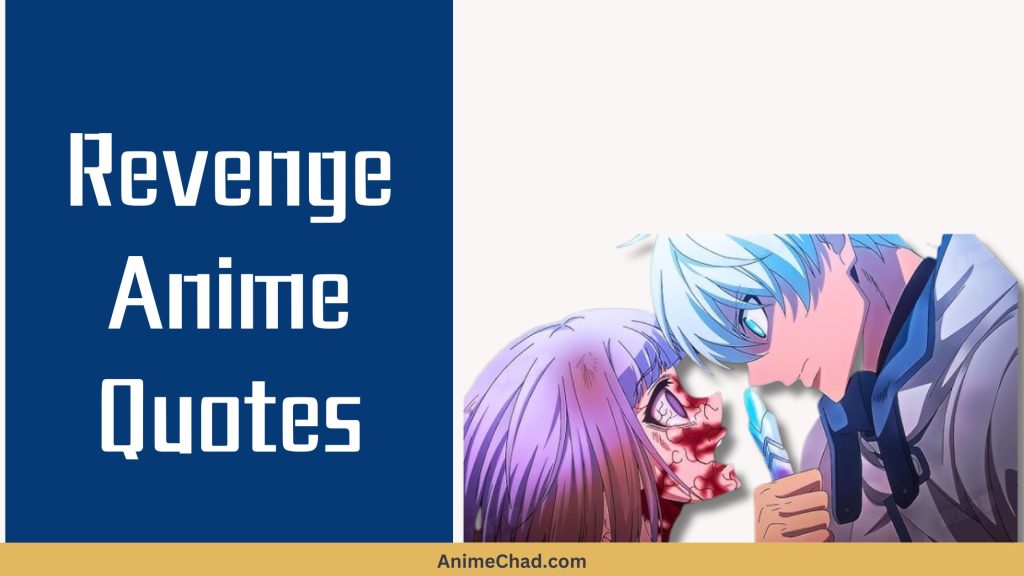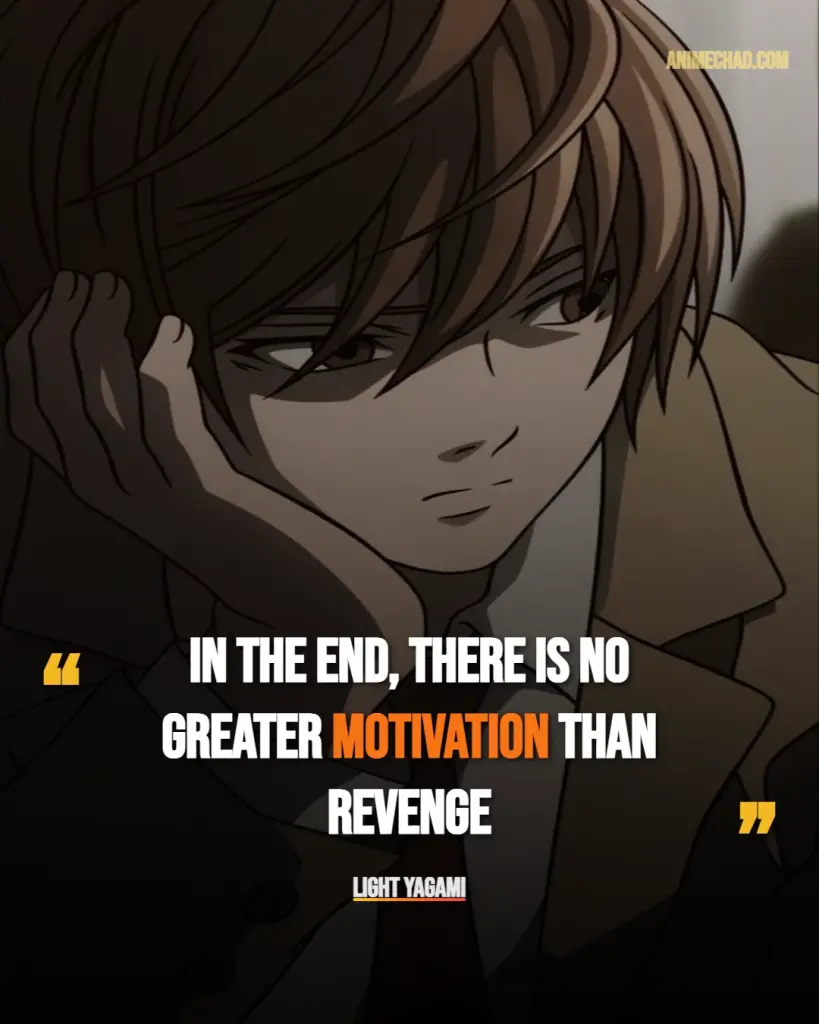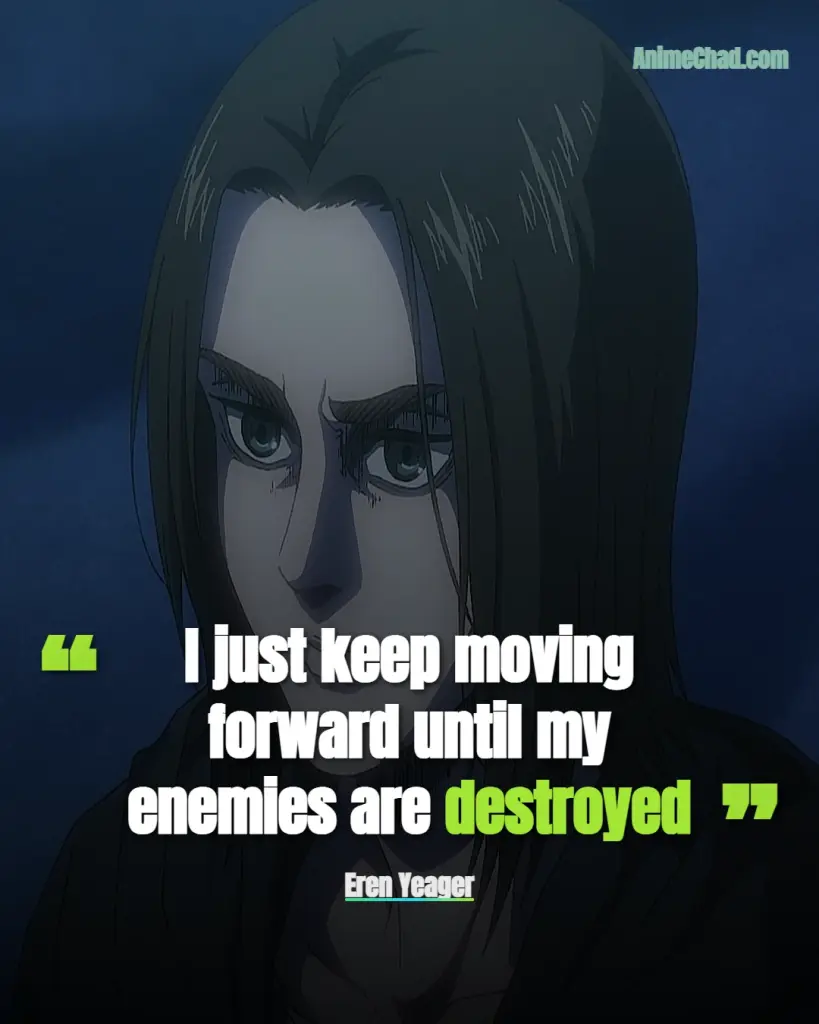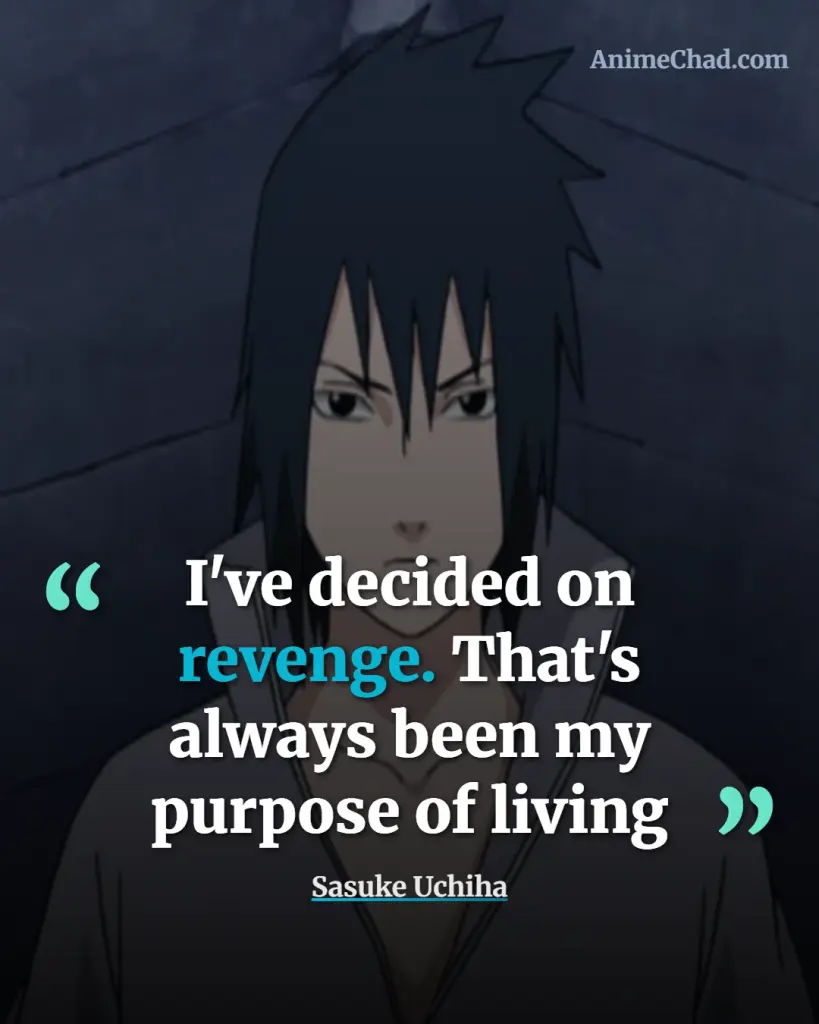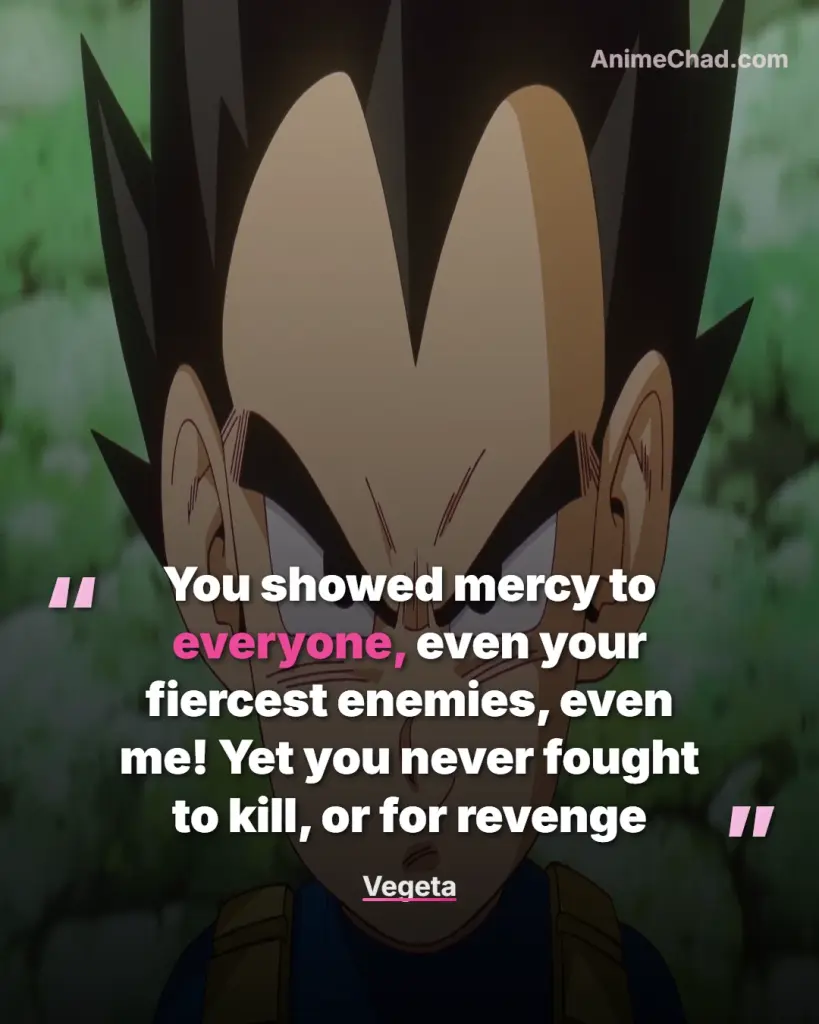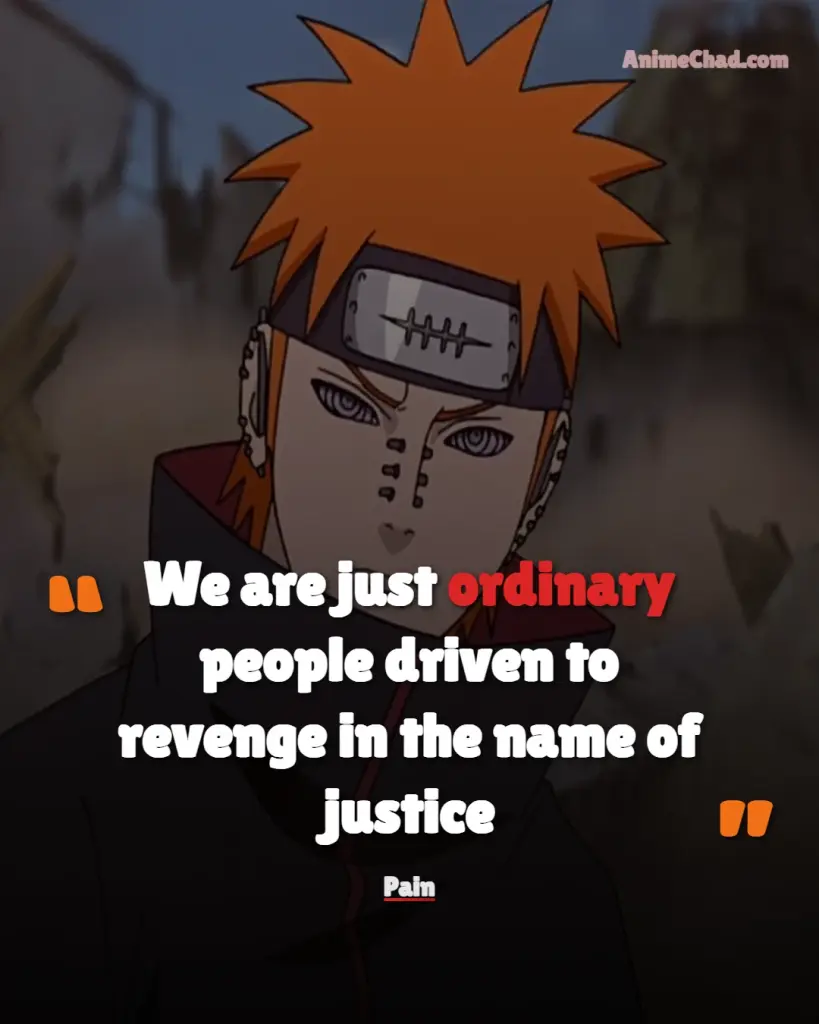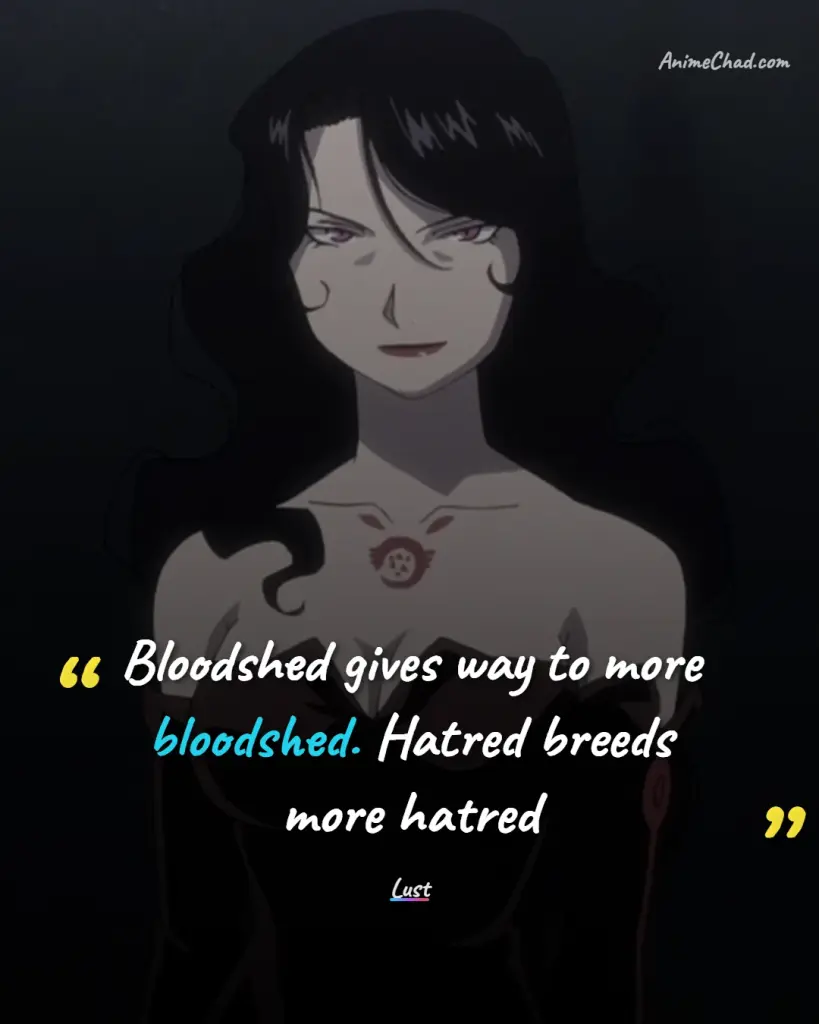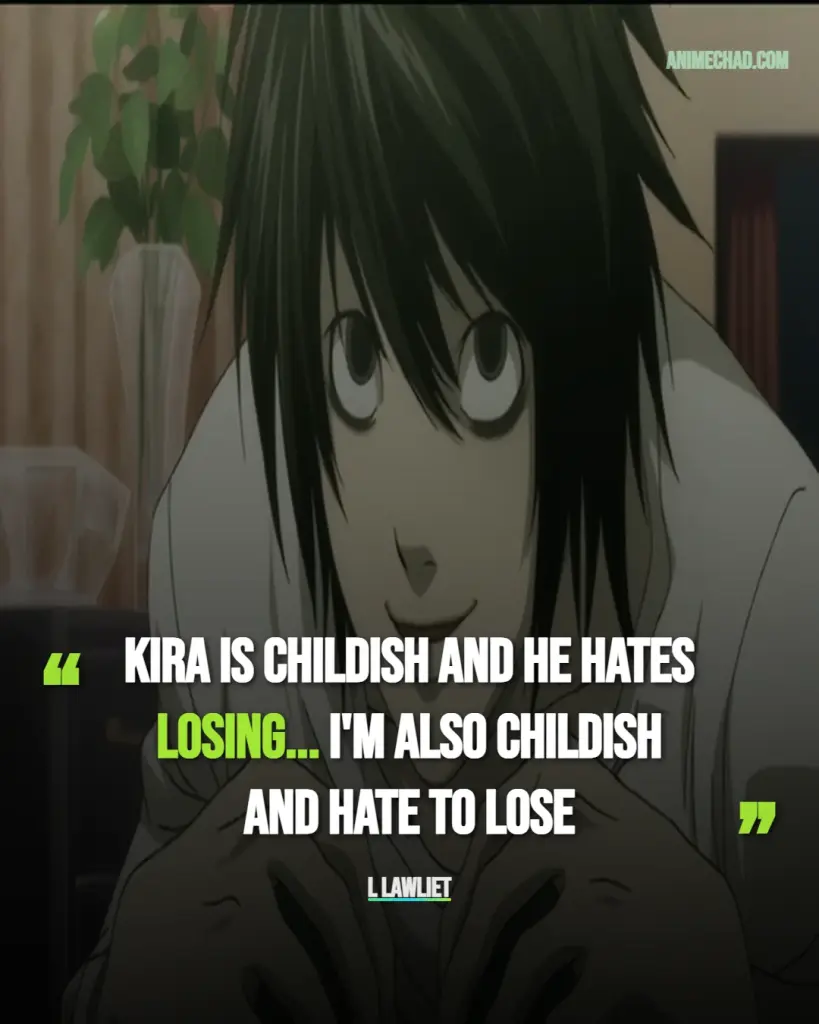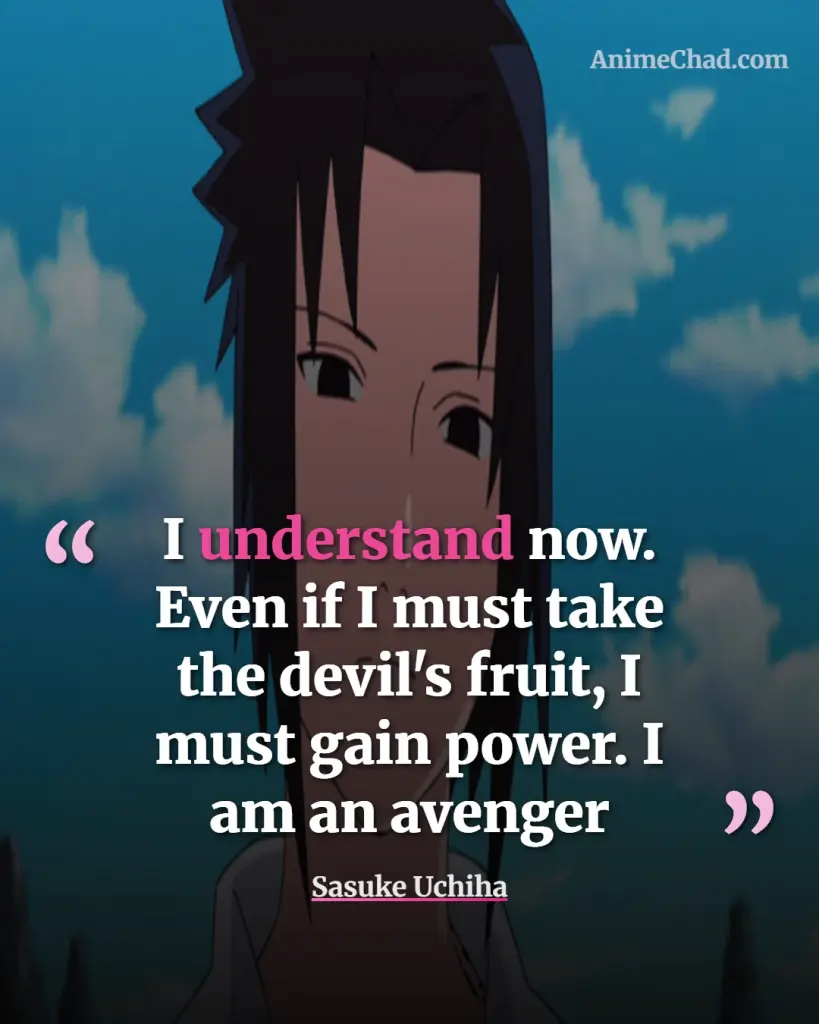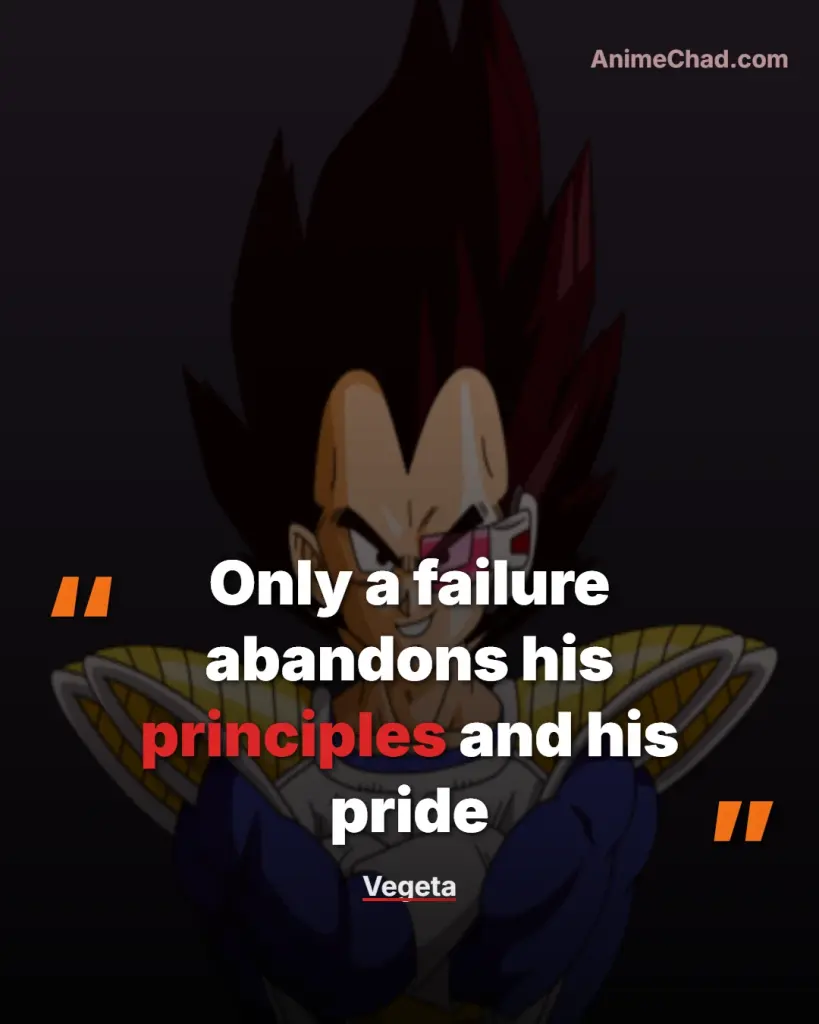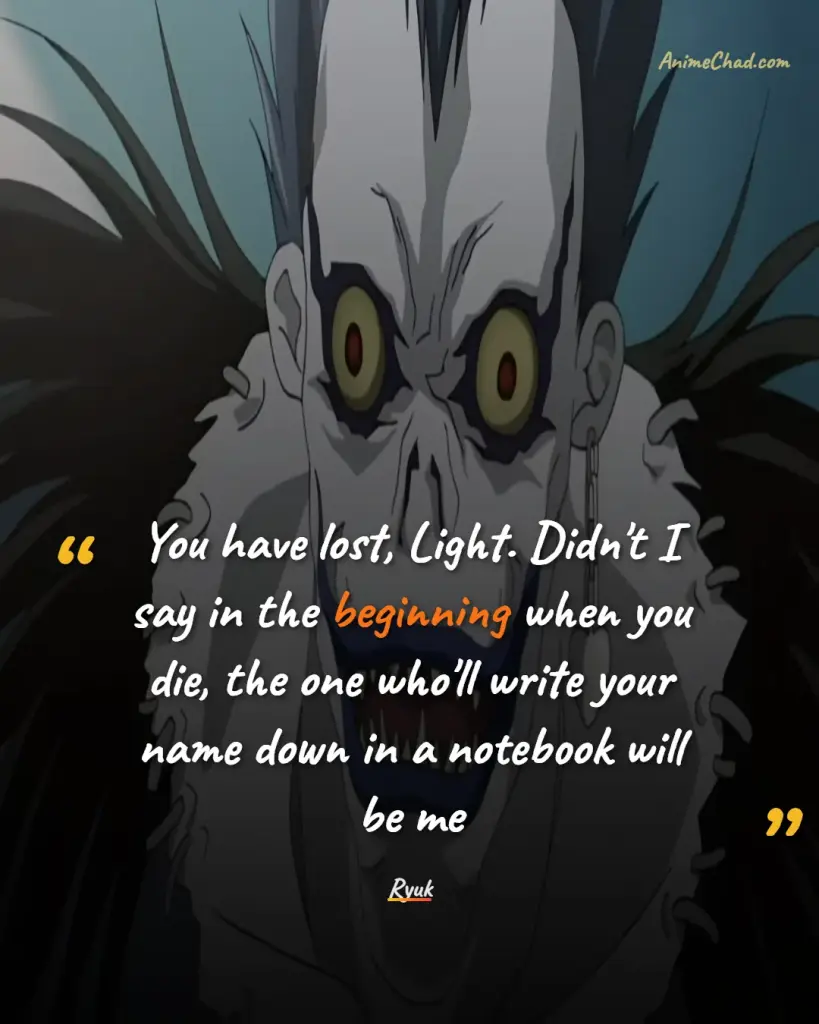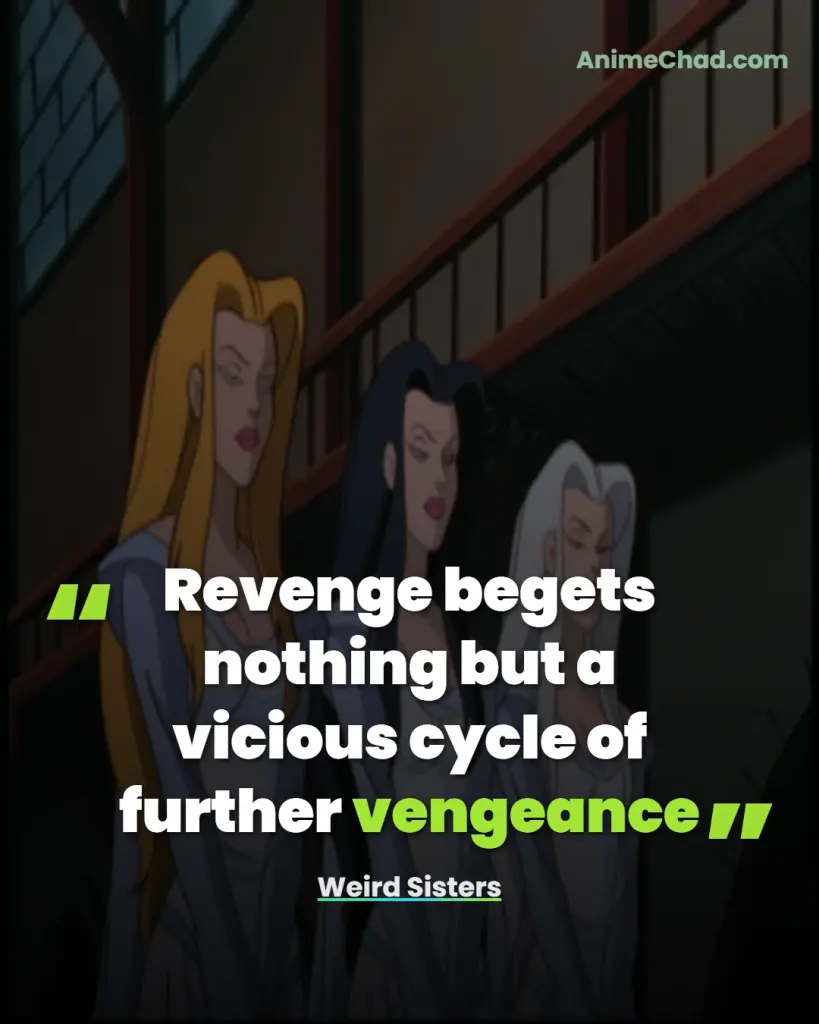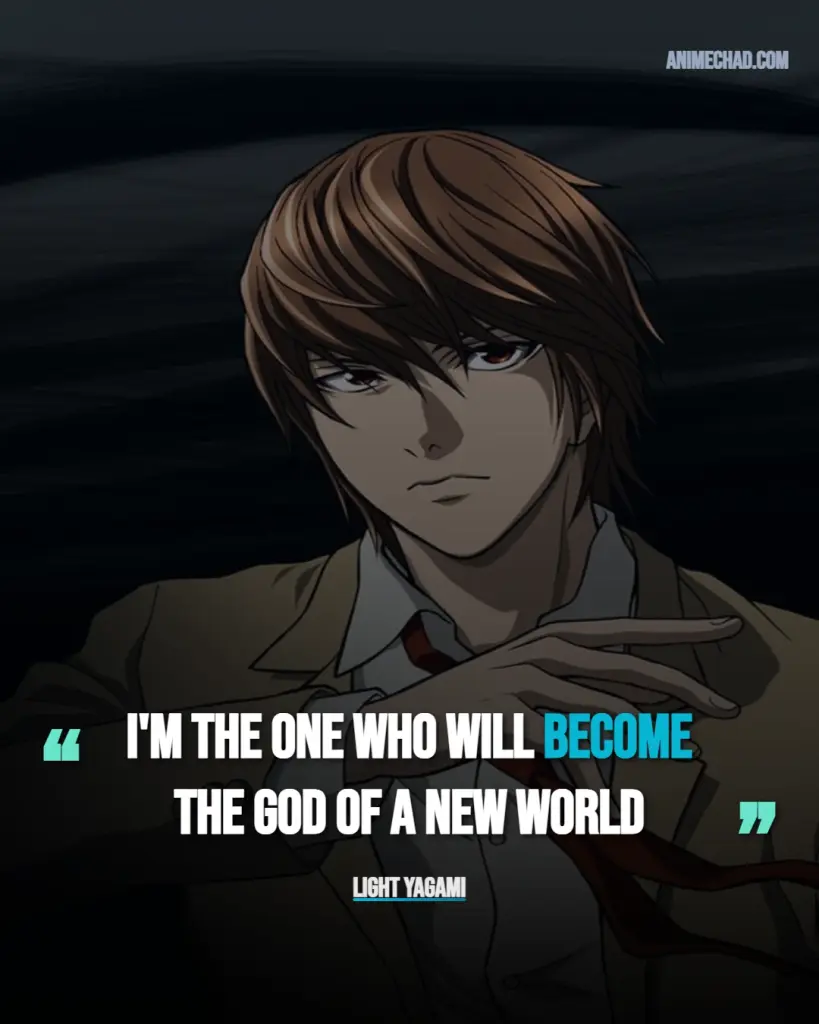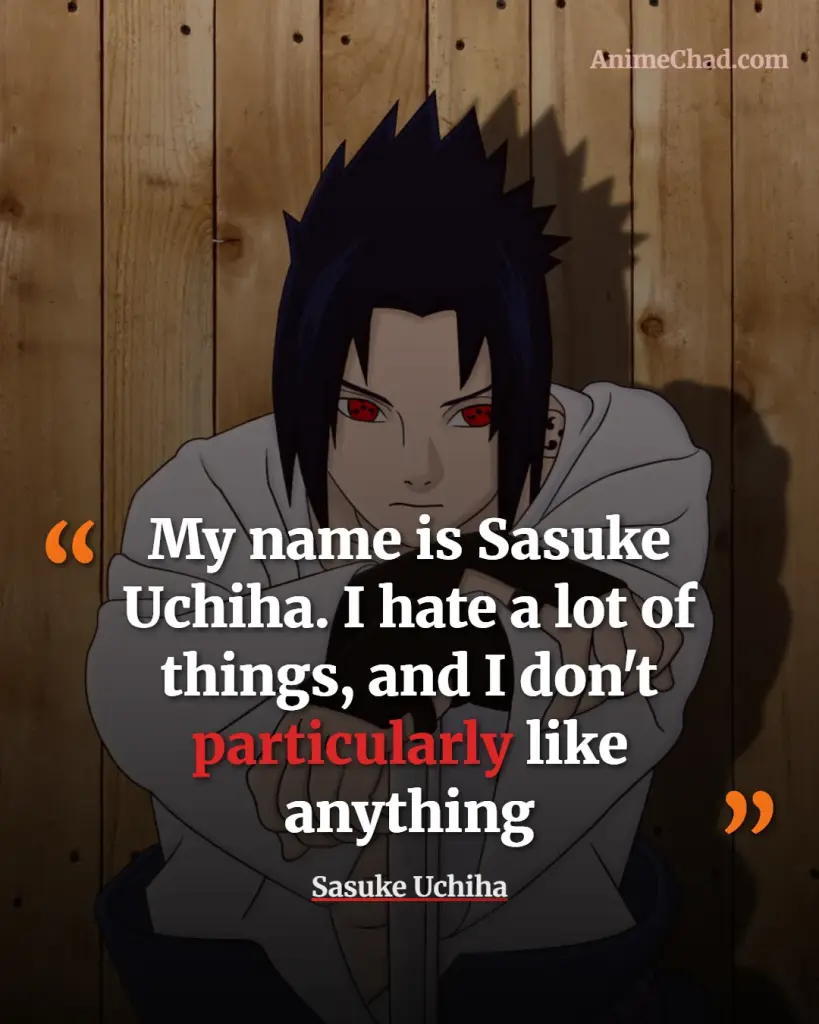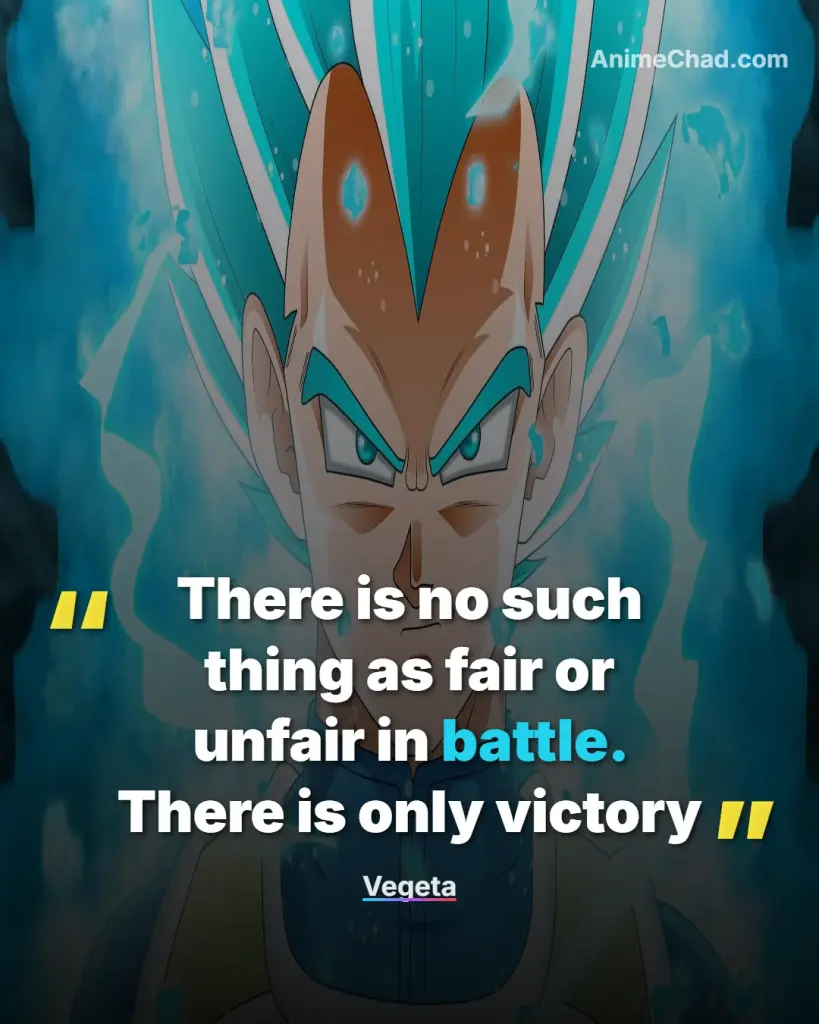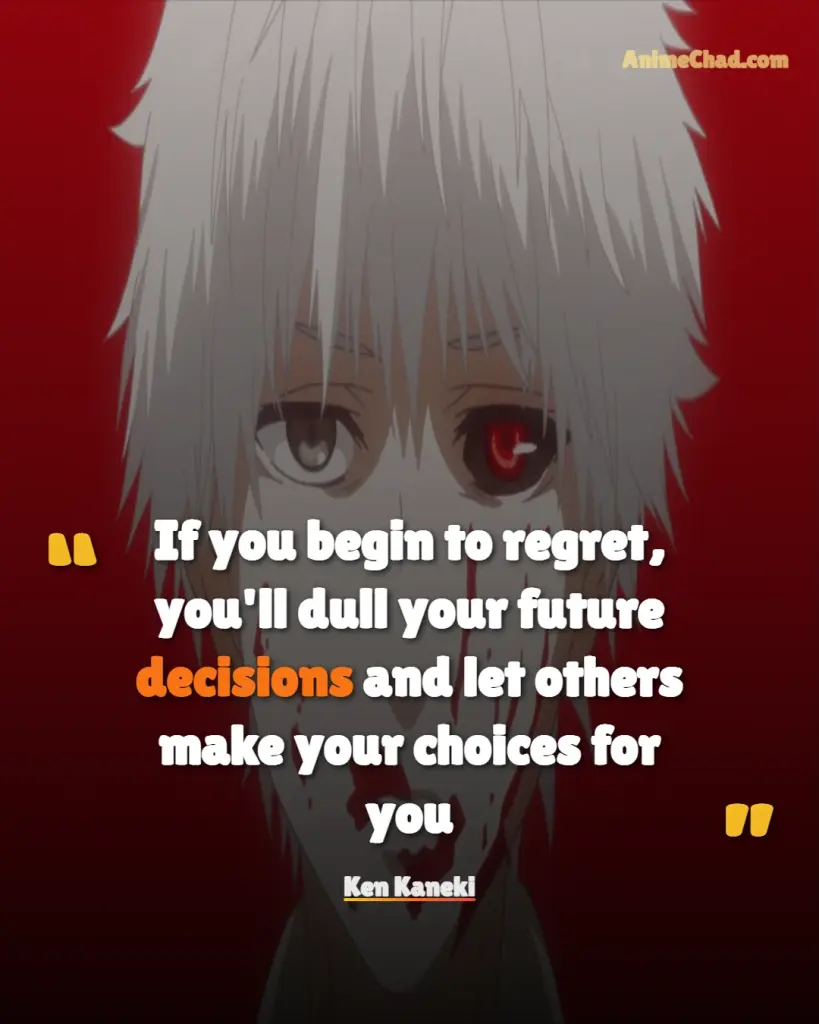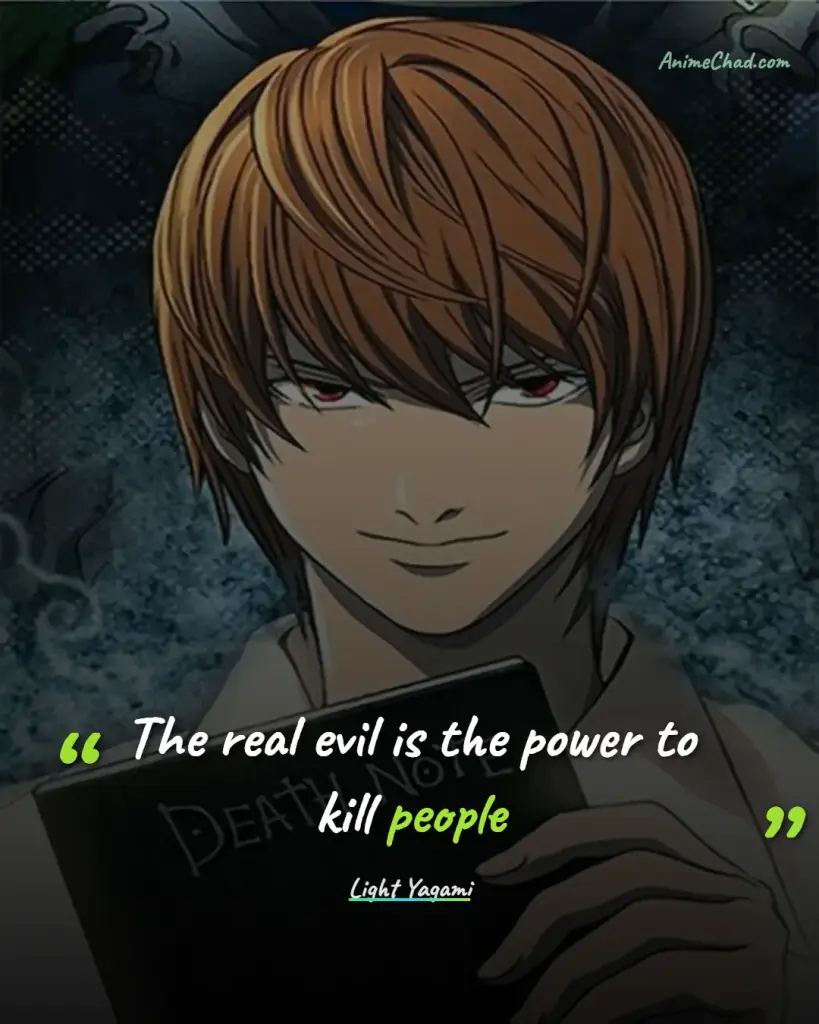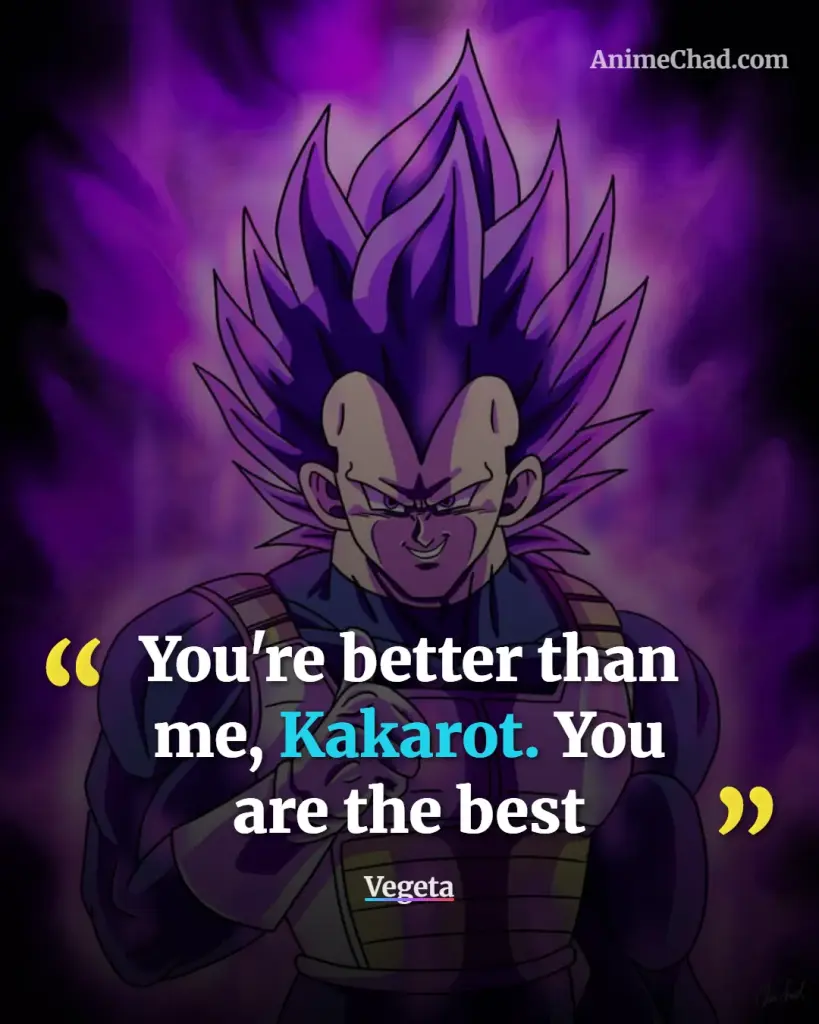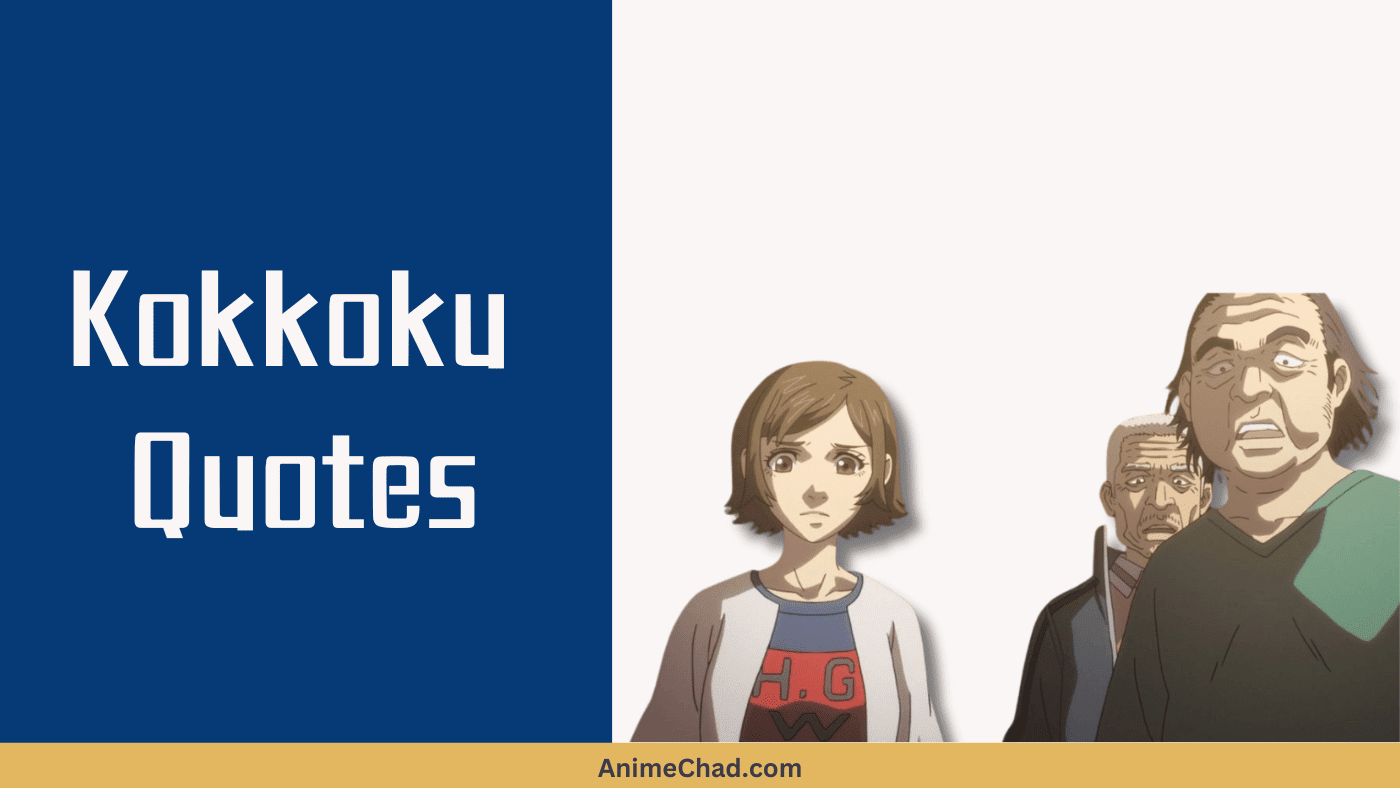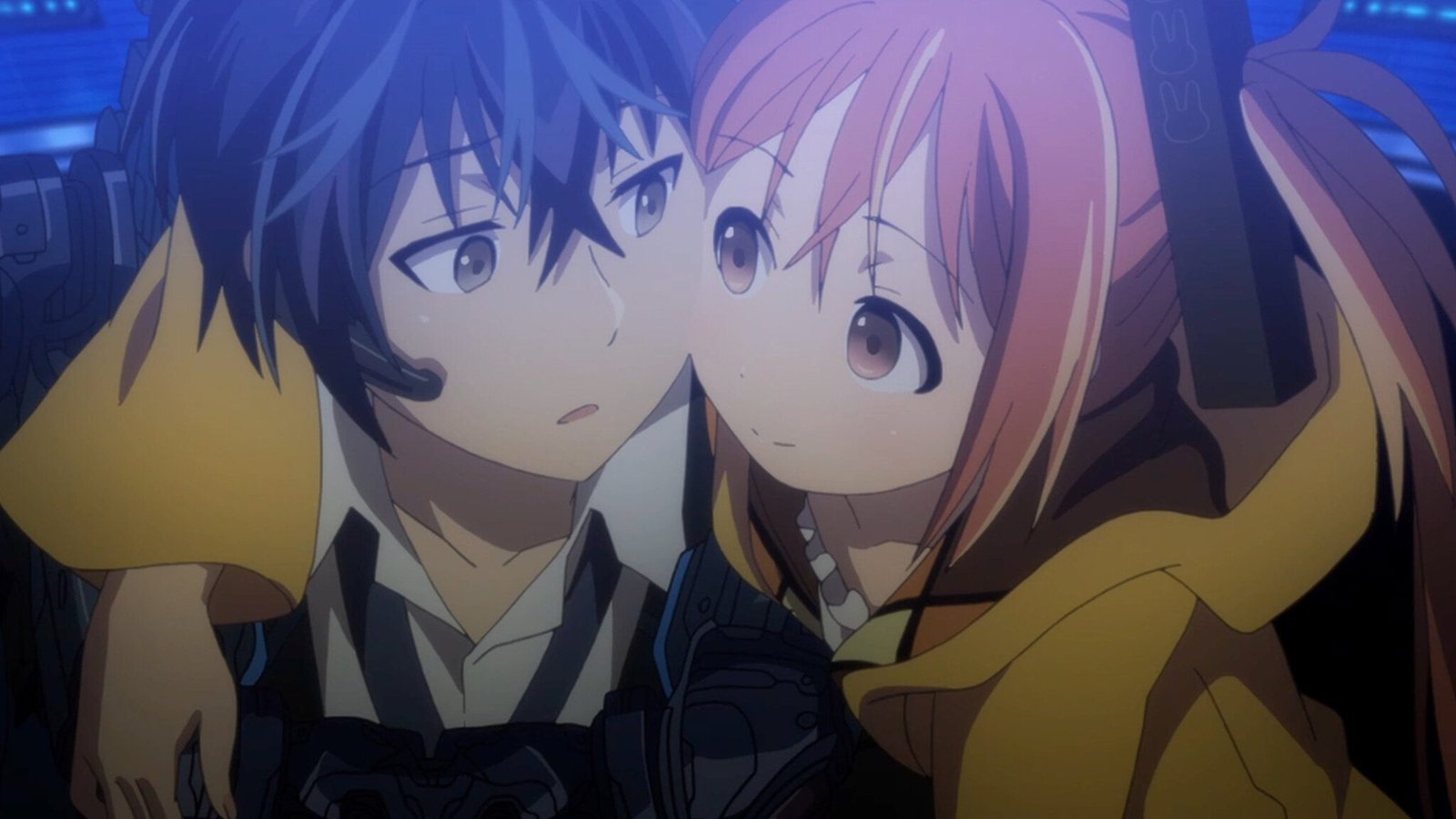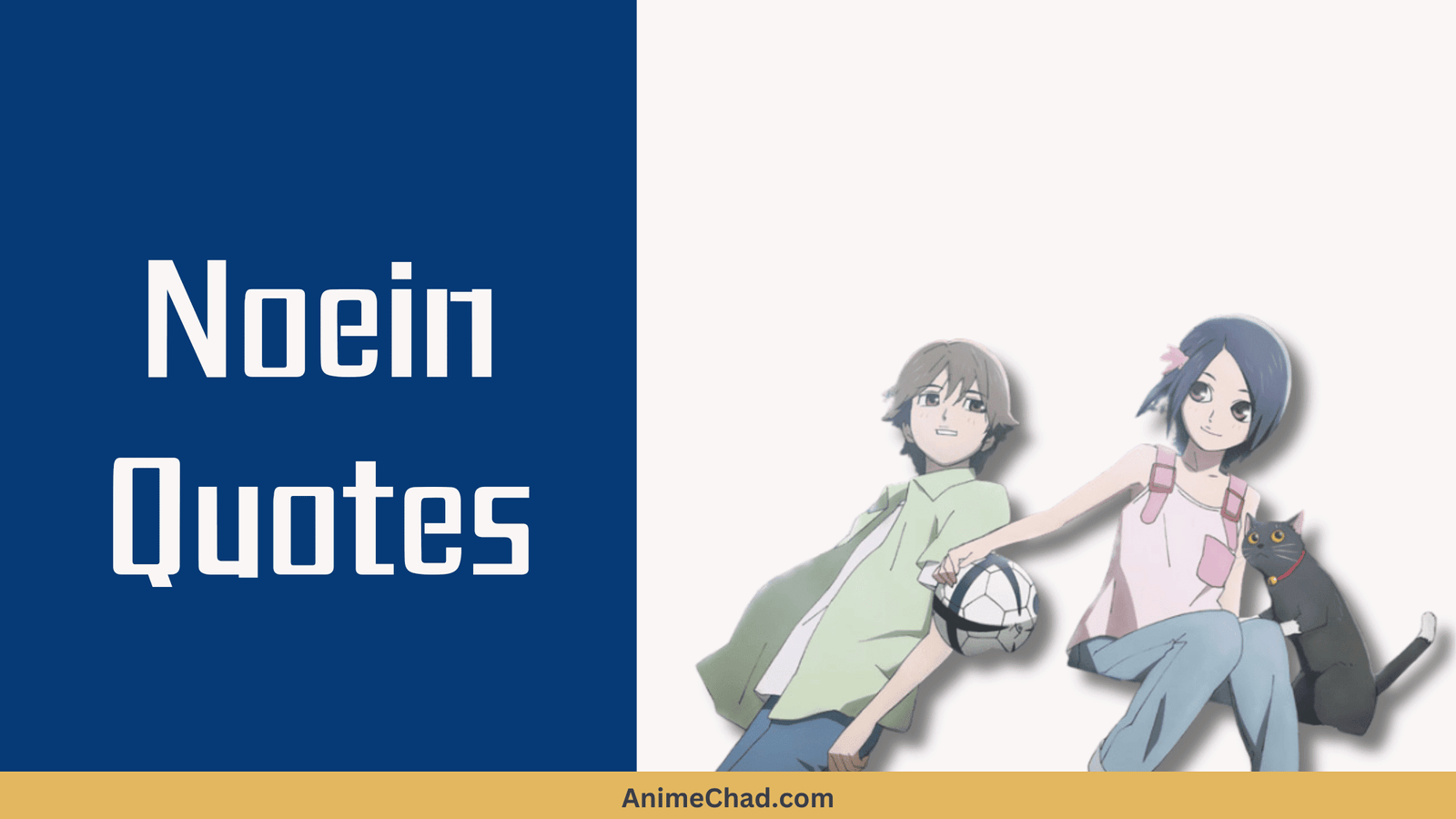Revenge is a compelling and often tragic theme in anime, fueling character arcs in iconic series like Naruto, Bleach, Attack on Titan, and Death Note. It delves into the cycle of hatred, personal growth through pain, and the moral costs of vengeance, transforming protagonists and antagonists alike.
This curated collection of the best 25 quotes highlights these elements, drawing from canonical moments across various anime to showcase emotional depth, character evolution, and thematic resonance.
Revenge is just the path you took to escape your suffering
Episode Details: (Bleach: Hell Verse movie)
Speaker: Ichigo Kurosaki
Context: Ichigo confronts a foe’s vengeance, revealing his growth in empathy and critiquing revenge’s futility in Bleach’s themes of suffering.
In the end, there is no greater motivation than revenge
Episode Details: (Death Note, Episode 2: Confrontation)
Speaker: Light Yagami
Context: Light rationalizes his killings, marking his descent into hubris and highlighting Death Note’s exploration of twisted justice.
I just keep moving forward until my enemies are destroyed
Episode Details: (Attack on Titan, Season 4, Episode 5: Declaration of War)
Speaker: Eren Yeager
Context: Eren declares war, showing his radical evolution from victim to aggressor amid Attack on Titan’s freedom and hatred cycles.
I’ve decided on revenge. That’s always been my purpose of living
Episode Details: (Naruto, Episode 8: The Oath of Pain)
Speaker: Sasuke Uchiha
Context: Sasuke rejects bonds for vengeance, underscoring his isolation and Naruto’s themes of loneliness turning to hatred.
You showed mercy to everyone, even your fiercest enemies, even me! Yet you never fought to kill, or for revenge
Episode Details: (Dragon Ball Z, Episode 237: Vegeta’s Respect)
Speaker: Vegeta
Context: Vegeta reflects on Goku’s mercy, signaling his shift from vengeful pride to humility in Dragon Ball Z’s redemption arc.
We are just ordinary people driven to revenge in the name of justice
Episode Details: (Naruto Shippuden, Episode 157: Assault on the Leaf Village!)
Speaker: Pain (Nagato)
Context: Pain justifies his cycle of pain, exposing Naruto’s themes of endless hatred and the illusion of righteous vengeance.
Bloodshed gives way to more bloodshed. Hatred breeds more hatred
Episode Details: (Fullmetal Alchemist: Brotherhood, Episode 40: The Dwarf in the Flask)
Speaker: Lust
Context: Lust warns of vengeance’s futility, tying into Fullmetal Alchemist’s anti-war message and characters’ tragic growth.
If you want revenge, do it on your own! Don’t draw innocent people into it
Episode Details: (Bleach, Episode 269: Ichigo vs. Ulquiorra, Conclusion!)
Speaker: Ichigo Kurosaki
Context: Ichigo halts a destructive cycle, emphasizing his development toward protecting others in Bleach’s soul-searching themes.
Kira is childish and he hates losing… I’m also childish and hate to lose
Episode Details: (Death Note, Episode 25: Silence)
Speaker: L (L Lawliet)
Context: L mirrors Light’s vengeful drive, deepening Death Note’s intellectual cat-and-mouse on ego and moral decay.
If we kill all our enemies over there, will we finally be free
Episode Details: (Attack on Titan, Season 3, Episode 22: The Other Side of the Wall)
Speaker: Eren Yeager
Context: Eren questions vengeance’s end, marking his peaceful introspection and Attack on Titan’s freedom versus hatred dilemma.
I understand now. Even if I must take the devil’s fruit, I must gain power. I am an avenger
Episode Details: (Naruto, Episode 128: A Cry on Deaf Ears)
Speaker: Sasuke Uchiha
Context: Sasuke embraces darkness for revenge, highlighting his arc’s tragic isolation in Naruto’s bonds-versus-vengeance theme.
Only a failure abandons his principles and his pride
Episode Details: (Dragon Ball Super, Episode 126: Surpass Even a God! Vegeta’s Sacrifice Strike!)
Speaker: Vegeta
Context: Vegeta upholds pride over defeat, showing growth from vengeful loner to principled warrior in Dragon Ball’s honor narrative.
The only one who can destroy the Titans is the devil himself
Episode Details: (Attack on Titan, Season 3, Episode 18: Midnight Sun)
Speaker: Floch Forster
Context: Floch demands a vengeful leader, reflecting Attack on Titan’s themes of radicalism and moral compromises in crisis.
You have lost, Light. Didn’t I say in the beginning when you die, the one who’ll write your name down in a notebook will be me
Episode Details: (Death Note, Episode 37: New World)
Speaker: Ryuk
Context: Ryuk ends Light’s vengeful reign, underscoring Death Note’s irony of hubris and inevitable downfall.
Revenge begets nothing but a vicious cycle of further vengeance
Episode Details: (Gargoyles, Episode 20: City of Stone, Part Two) (Note: While primarily Western, often anime-influenced)
Speaker: Weird Sisters
Context: Sisters warn of endless hate, tying into broader anime-like themes of cyclical revenge and character redemption.
I’m the one who will become the god of a new world
Episode Details: (Death Note, Episode 1: Rebirth)
Speaker: Light Yagami
Context: Light’s vengeful god complex emerges, setting Death Note’s tone for corrupted justice and personal transformation.
Keep moving forward. Even if you die. Even after you die
Episode Details: (Attack on Titan, Season 4, Episode 14: Savagery)
Speaker: Eren Yeager
Context: Eren urges relentless vengeance, showing his hardened resolve and Attack on Titan’s themes of inherited trauma.
My name is Sasuke Uchiha. I hate a lot of things, and I don’t particularly like anything
Episode Details: (Naruto, Episode 3: Sasuke and Sakura: Friends or Foes?)
Speaker: Sasuke Uchiha
Context: Sasuke’s early vengeful isolation is revealed, foreshadowing his development in Naruto’s friendship-versus-hate narrative.
There is no such thing as fair or unfair in battle. There is only victory
Episode Details: (Dragon Ball Z, Episode 63: Guldo’s Mind Binds)
Speaker: Vegeta
Context: Vegeta justifies ruthless revenge, evolving from villain to anti-hero in Dragon Ball Z’s power and survival themes.
If you begin to regret, you’ll dull your future decisions and let others make your choices for you
Episode Details: (Tokyo Ghoul, Episode 12: Ghoul)
Speaker: Ken Kaneki
Context: Kaneki rejects regret in vengeance, highlighting his growth amid Tokyo Ghoul’s identity and monster themes.
The real evil is the power to kill people
Episode Details: (Death Note, Episode 27: Abduction)
Speaker: Light Yagami
Context: Light’s hypocritical vengeful philosophy deepens, exposing Death Note’s critique of absolute power and morality.
On the other side of the sea are enemies
Episode Details: (Attack on Titan, Season 3, Episode 22: The Other Side of the Wall)
Speaker: Eren Yeager
Context: Eren’s peaceful realization fuels vengeance, marking his arc’s shift in Attack on Titan’s global conflict themes.
I fight because I have to win
Episode Details: (Bleach, Episode 309: Fierce Fighting Conclusion! Release, the Final Getsuga Tenshō!)
Speaker: Ichigo Kurosaki
Context: Ichigo battles for victory over revenge, showing maturity in Bleach’s themes of resolve and protection.
Sasuke, if you attack the Hidden Leaf, I’ll have no choice; I will fight you
Episode Details: (Naruto Shippuden, Episode 218: The Five Kage Assemble)
Speaker: Naruto Uzumaki
Context: Naruto confronts Sasuke’s vengeance, emphasizing bonds and growth in Naruto’s cycle-of-hate resolution.
You’re better than me, Kakarot. You are the best
Episode Details: (Dragon Ball Z, Episode 237: Vegeta’s Respect)
Speaker: Vegeta
Context: Vegeta’s vengeful rivalry yields to respect, culminating his development in Dragon Ball Z’s themes of surpassing limits.

